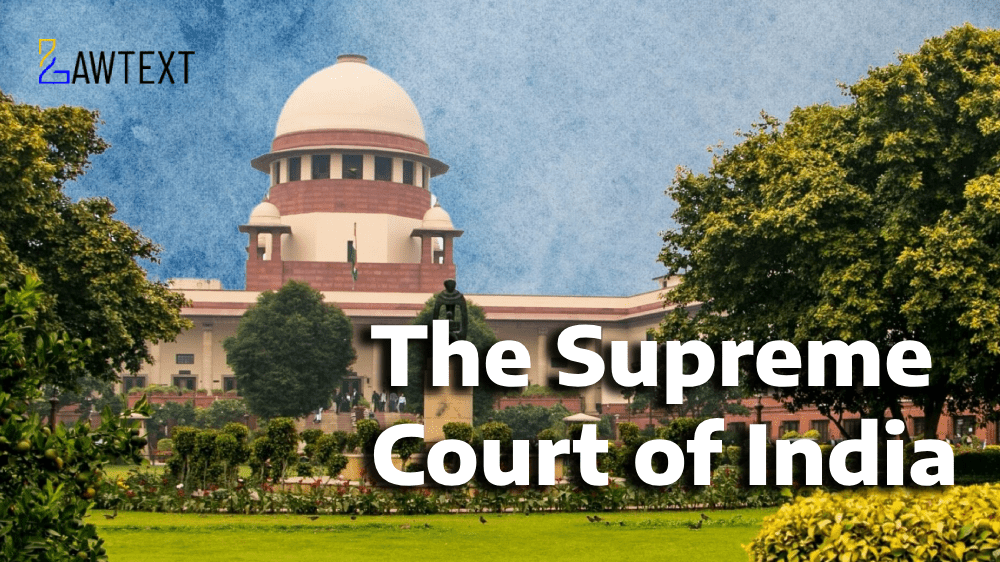

Quashing of FIR – Criminal Appeal against dismissal of petition under Section 482 of the Criminal Procedure Code, 1973 – FIR lodged under Sections 366, 376, and 506 of the Indian Penal Code, 1860 – Special Investigation Team Report confirming that marriage was solemnized with mutual consent – No prima facie case for rape against legally wedded husband – Applicability of Exception 2 under Section 375 of the IPC – FIR and all consequential proceedings quashed.
Held: The appellant was legally wedded to the complainant, and the Special Investigation Team found that the marriage was solemnized with free will – No case for rape made out under Exception 2 to Section 375 IPC – Failure of complainant to appear before the Supreme Court despite notice reinforced the appellant’s case – FIR and proceedings quashed.
Quashing of FIR – Marital Rape Exception – False Allegations – Consent – Restitution of Conjugal Rights – Criminal Proceedings – Inherent Powers of High Court – Special Investigation Team – Protection Order
The appellant challenged the dismissal of his petition under Section 482 CrPC seeking quashing of an FIR registered under Sections 366, 376, and 506 IPC.
The appellant, Kuldeep Singh, sought quashing of FIR No. 148 of 2022 and all consequential proceedings on the ground that he had legally married Respondent No. 3, and the allegations of rape were false.
The FIR was lodged by Respondent No. 2, alleging that the appellant had abducted the victim. Subsequently, the victim accused the appellant of forced marriage and rape. The appellant contended that their marriage was solemnized with mutual consent, and the allegations were fabricated due to opposition from the victim’s family.
a) Whether the FIR alleging rape could be sustained in light of Exception 2 under Section 375 IPC?
b) Whether the High Court erred in dismissing the quashing petition despite the Special Investigation Team’s findings?
c) Whether continuing the trial would be an abuse of the legal process?
Appellant’s Arguments:
State’s Arguments:
Citation: 2025 LawText (SC) (1) 313
Case Number: CRIMINAL APPEAL NO. OF 2025 (Arising out of SLP(Crl.)No.13277 of 2023)
Date of Decision: 2025-01-31
Case Title: KULDEEP SINGH VERSUS THE STATE OF PUNJAB & ORS.
Before Judge: [VIKRAM NATH J. , PRASANNA B. VARALE J.]
Appellant: KULDEEP SINGH
Respondent: THE STATE OF PUNJAB & ORS.